Music of Venezuela, Venezuela, a country with a rich cultural tapestry and diverse landscapes, is a musical treasure trove that reflects the fusion of indigenous, African, and European influences. From the lively rhythms of joropo to the soulful melodies of Afro-Venezuelan traditions, Venezuelan music is a harmonious celebration of its people’s history, struggles, and triumphs. Join us on a melodic journey through the vibrant sounds that define the musical identity of this South American nation.
Joropo: The Heartbeat of the Plains:
At the core of Venezuelan folk music is joropo, a genre that encapsulates the spirit of the llanos, the vast plains that stretch across central Venezuela. Characterized by its energetic rhythms, lively dance, and distinctive harp melodies, joropo is a celebration of rural life. The maracas, cuatro (a four-stringed guitar), and harp create a symphony that mirrors the ebb and flow of the llanero (plainsman) lifestyle. Joropo festivals, where dancers showcase intricate footwork and couples twirl in a lively embrace, bring communities together to celebrate their cultural heritage.
Gaita: A Festive Fusion:
Originating from the western Zulia region, gaita is a genre that finds its roots in the African and indigenous musical traditions of Venezuela. Traditionally associated with Christmas celebrations, gaita has evolved into a year-round musical expression. The tambora drum, furruco (a type of friction drum), and cuatro are integral to the gaita sound. With lyrics often addressing social and political themes, gaita serves as both a celebration of cultural identity and a commentary on the challenges faced by the Venezuelan people.
Tambores: Afro-Venezuelan Rhythms:
The African diaspora has left an indelible mark on Venezuelan music, particularly in the form of Afro-Venezuelan traditions. Tambores, or drum ensembles, are central to these musical expressions, preserving the rhythms and cultural heritage brought by African slaves. Whether it be the drums of San Millán in the Barlovento region or the percussive beats of the Tambor de Chimbangle in the Yaracuy region, Afro-Venezuelan music is a vibrant celebration of resilience and cultural continuity.
El Sistema: Orchestrating Harmony and Change:
Venezuela’s El Sistema, a publicly funded music education program founded in 1975, has played a transformative role in the country’s musical landscape. Aimed at providing free classical music education to all, El Sistema has produced a wealth of talented musicians and orchestras. The Simón Bolívar Youth Orchestra, under the guidance of conductor Gustavo Dudamel, has gained international acclaim, showcasing the power of music as a tool for social change and empowerment.
Venezuelan Pop and Rock: Modern Echoes:
As Venezuela navigates the currents of the modern music industry, genres like pop and rock have found a home in urban centers. Influenced by global trends and regional sounds, Venezuelan pop and rock artists infuse their music with a distinctive flair that reflects the country’s cultural diversity. Bands like La Vida Bohème and Los Amigos Invisibles have gained recognition for their innovative fusion of genres, contributing to the dynamic evolution of Venezuelan popular music.
Canción Llanera: The Lyrical Essence of the Plains:
Canción llanera, or plains song, is a lyrical genre that complements the rhythmic intensity of joropo. Often accompanied by the harp and cuatro, canción llanera features poetic lyrics that capture the beauty of the llanos, its flora and fauna, and the life of the plainsman. The evocative melodies and storytelling nature of canción llanera make it a cherished genre that connects Venezuelans to the natural landscapes that shape their identity.
Folkloric Celebrations: Carnaval and Parranda:
Venezuela’s folkloric celebrations, especially during Carnaval, provide a vibrant showcase of the country’s musical diversity. Parranda, a musical and dance tradition that takes place during the Christmas season, involves groups of musicians and dancers moving from house to house, spreading joy and celebrating community. The colorful costumes, infectious rhythms, and communal spirit of these festivities contribute to the dynamic mosaic of Venezuelan music.
Venezuelan Harp: A Symbol of Tradition:
The harp holds a special place in Venezuelan music, particularly in the joropo tradition. The arpa llanera, or llanera harp, is a symbol of tradition and a central instrument in joropo ensembles. The harp’s cascading melodies, played by skilled musicians, add a distinctive and enchanting layer to the rich tapestry of Venezuelan music, evoking the spirit of the llanos.
Political Expression through Song:
Throughout Venezuela’s tumultuous political history, music has been a powerful form of expression and protest. Folk singers like Ali Primera, known as the “singer of the people,” used their music to address social issues and advocate for change. In contemporary times, musicians continue to use their art to comment on the sociopolitical landscape, reflecting the ongoing struggles and aspirations of the Venezuelan people.
Challenges and Resilience: Preserving Venezuelan Music:
Venezuelan music faces challenges in the form of economic instability, political unrest, and the impact of globalization. Yet, the resilience of musicians, cultural institutions, and grassroots initiatives is evident in their efforts to preserve and promote the country’s musical heritage. Projects that document oral traditions, support local musicians, and provide access to music education contribute to the ongoing resilience of Venezuelan music.
Conclusion:
In conclusion, the music of Venezuela is a dynamic and diverse expression of the nation’s cultural heritage, social struggles, and celebratory spirit. From the plains of joropo to the Afro-Venezuelan rhythms of the tambores, each genre and tradition tells a unique story that contributes to the rich tapestry of Venezuelan music. As the country evolves, its musicians continue to innovate and preserve the sounds that define the Venezuelan identity, ensuring that the melodies of this South American nation resonate with generations to come.
Famous Artists:
Venezuela has produced a host of celebrated musicians and artists who have left an indelible mark on the world of music. Some of the most famous Venezuelan musicians and artists include:
- Simón Díaz: Simón Díaz is a legendary figure in Venezuelan music, known for his contributions to joropo and tonada. His compositions, including “Caballo Viejo,” have become iconic.
- María Rodríguez: María Rodríguez is a prominent singer and composer, celebrated for her interpretations of Afro-Venezuelan music and her dedication to preserving these traditions.
- Un Solo Pueblo: Un Solo Pueblo is a renowned folk music group that has played a pivotal role in promoting Venezuelan music and cultural heritage.
- Ricardo Montaner: Ricardo Montaner is an internationally acclaimed artist with a diverse repertoire, including pop and Latin music. He has achieved global recognition for his heartfelt ballads.
- Gualberto Ibarreto: Gualberto Ibarreto is a beloved singer known for his renditions of tonadas and joropo. His emotive voice has made him a celebrated figure in the world of Venezuelan music.
- Billo’s Caracas Boys: Billo’s Caracas Boys is a beloved orchestra that has been a fixture in Venezuelan music for decades. Their danceable tunes and memorable melodies have made them an enduring presence in the country’s music scene.


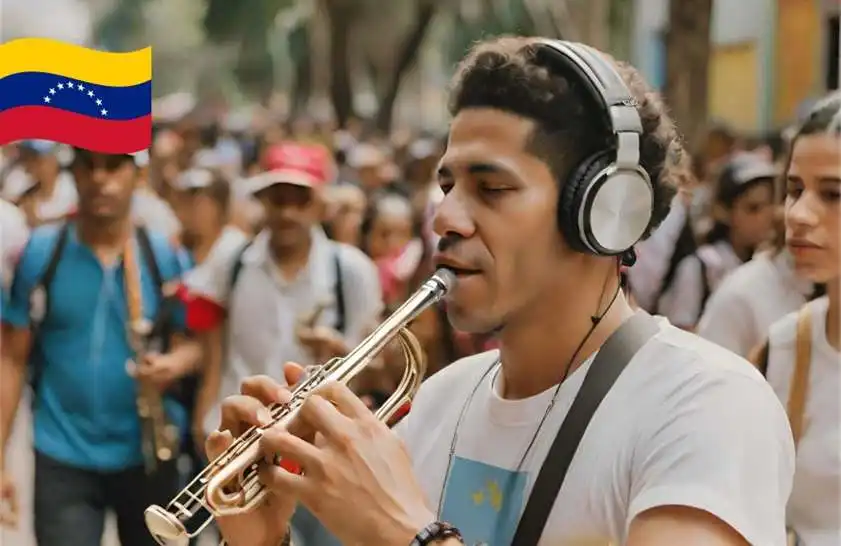
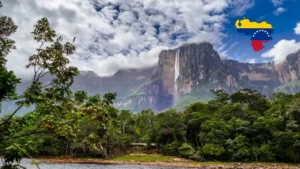
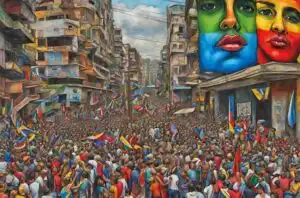
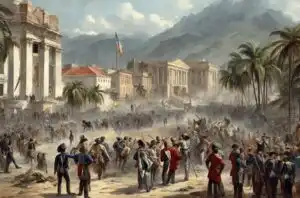
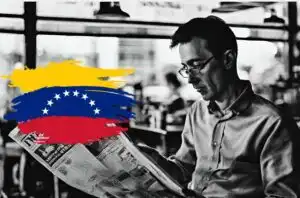

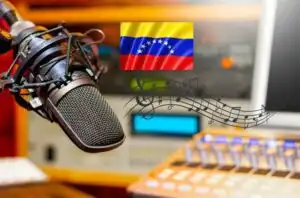
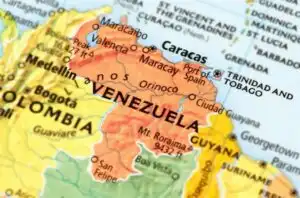
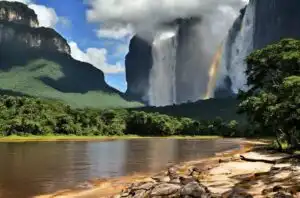
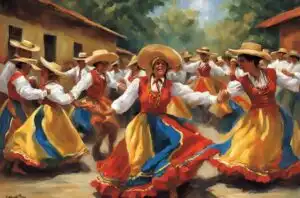

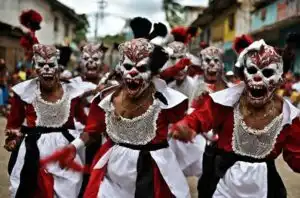
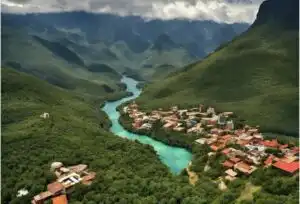
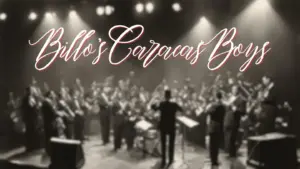
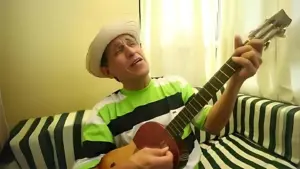
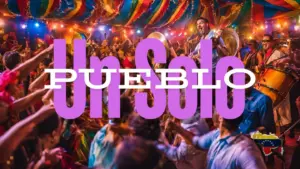


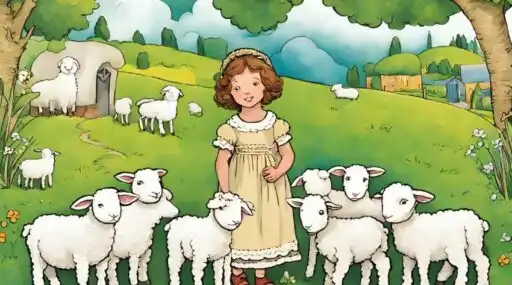
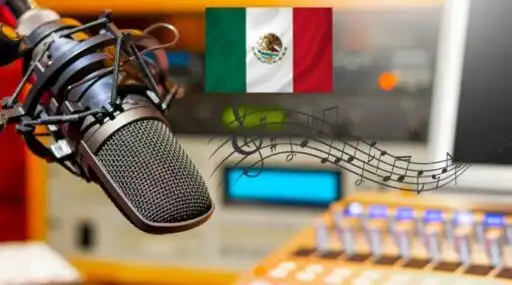
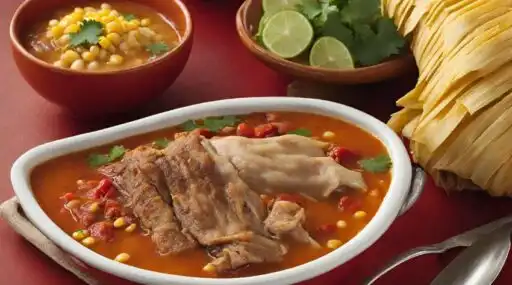
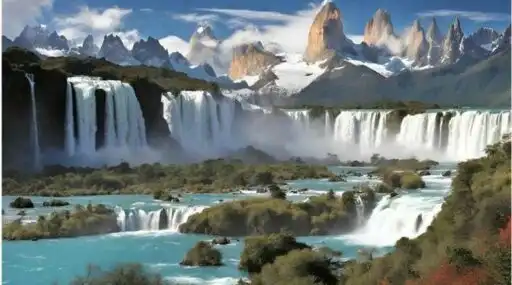
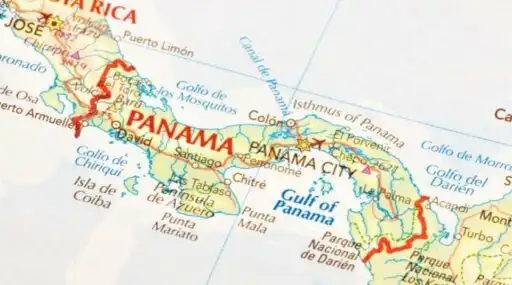
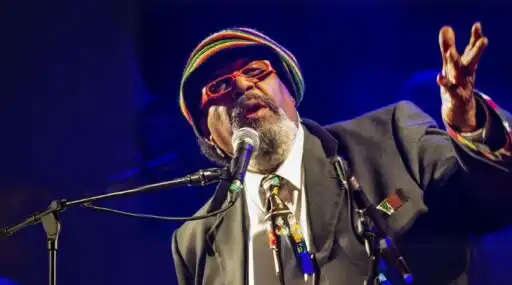
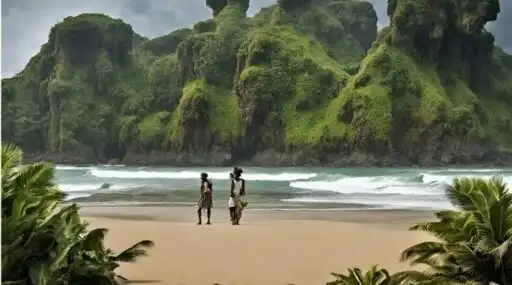
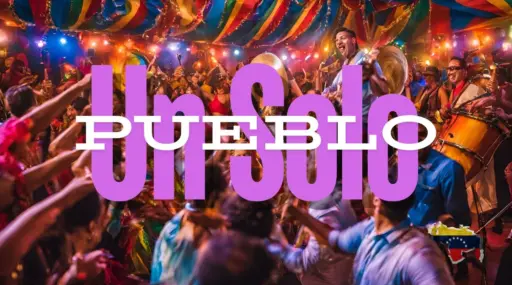
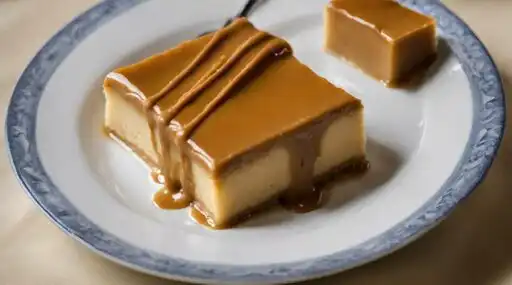
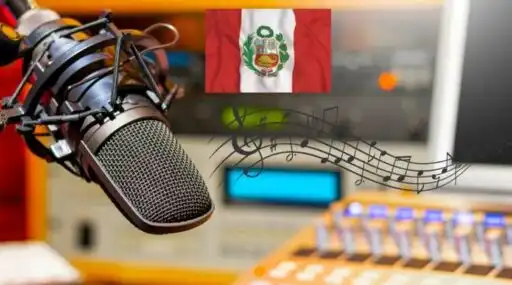
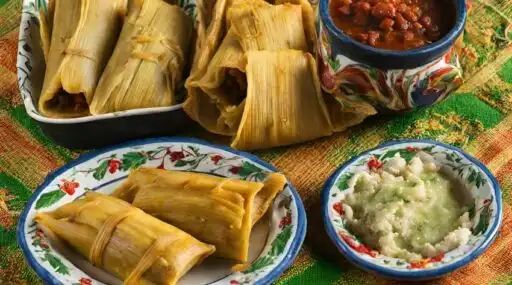
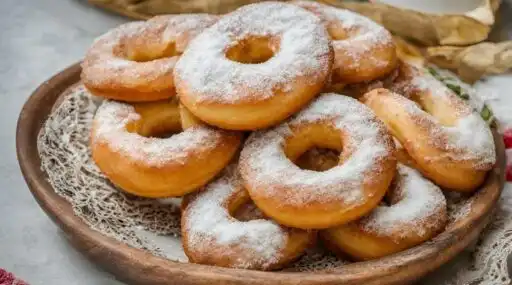
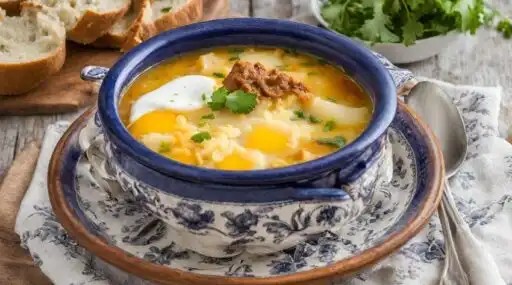
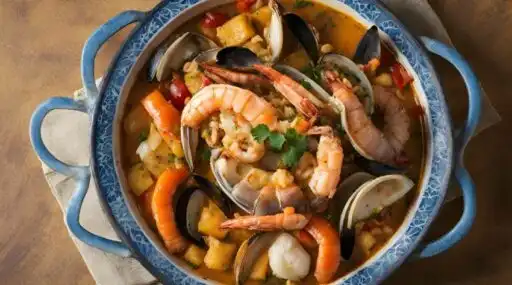
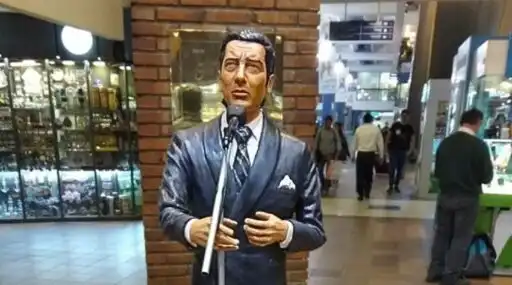
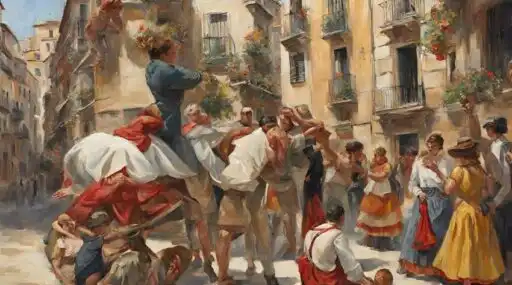
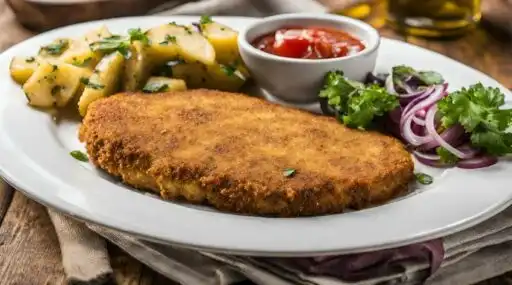
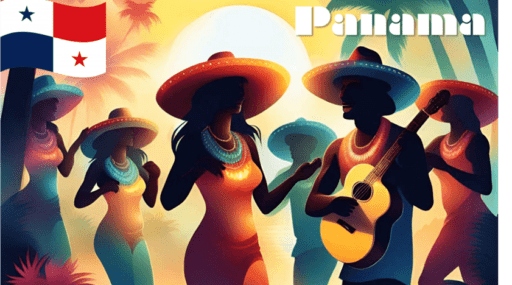
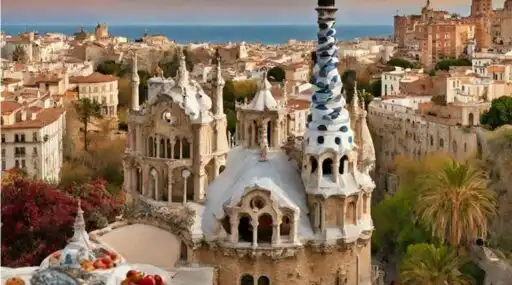
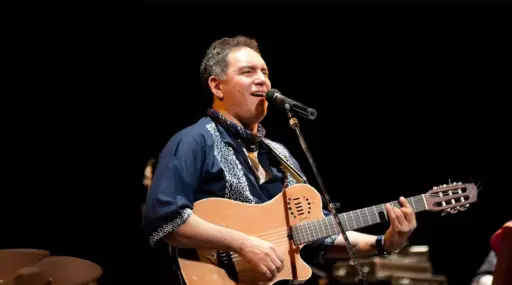
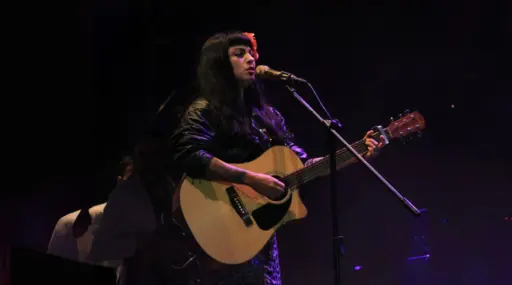
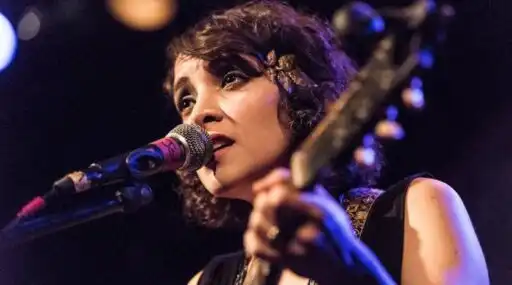

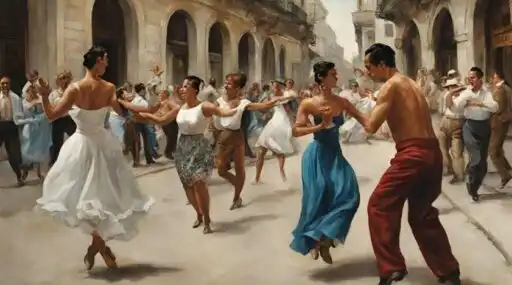
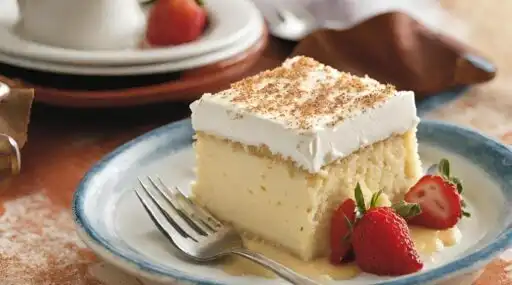
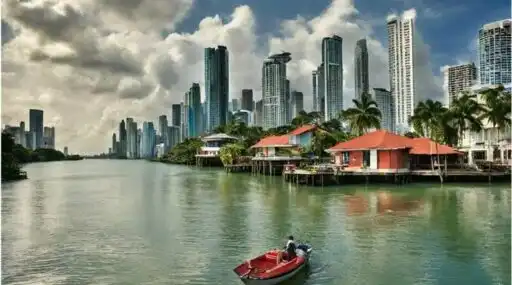
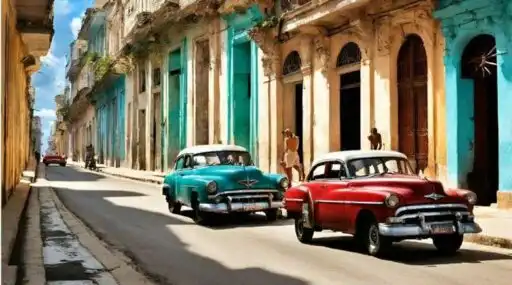
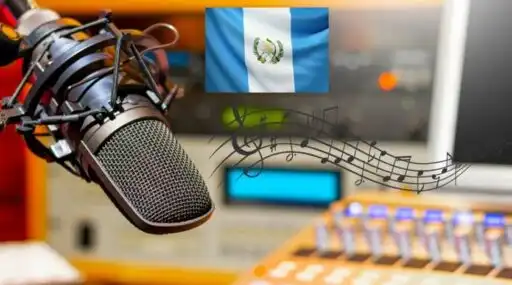
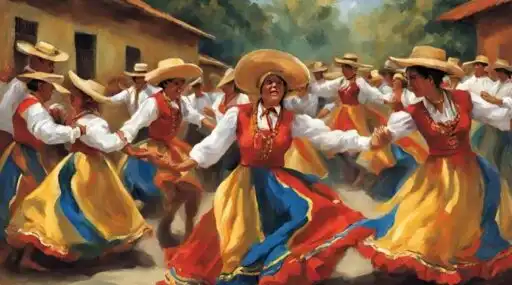
Leave a Reply